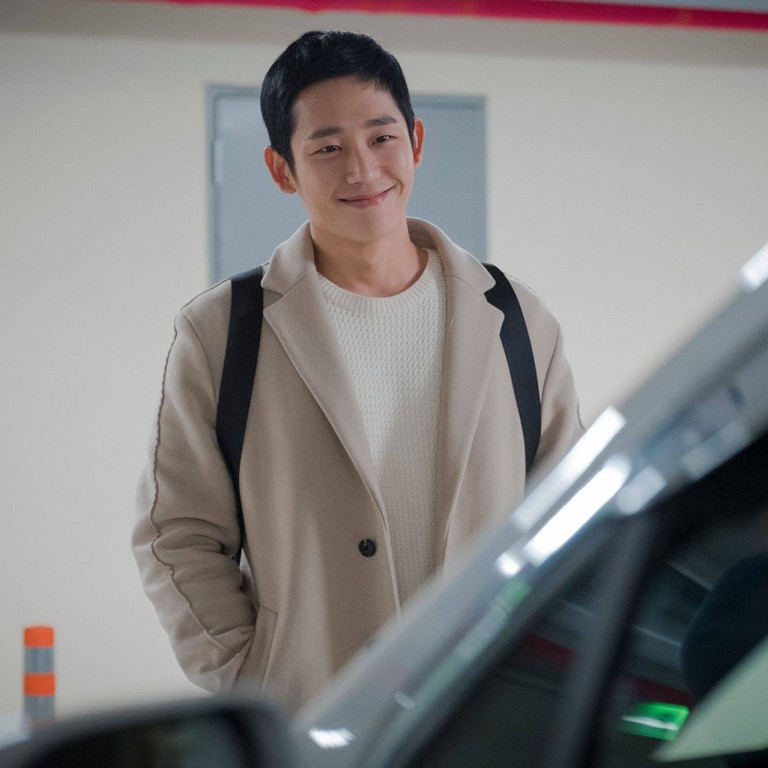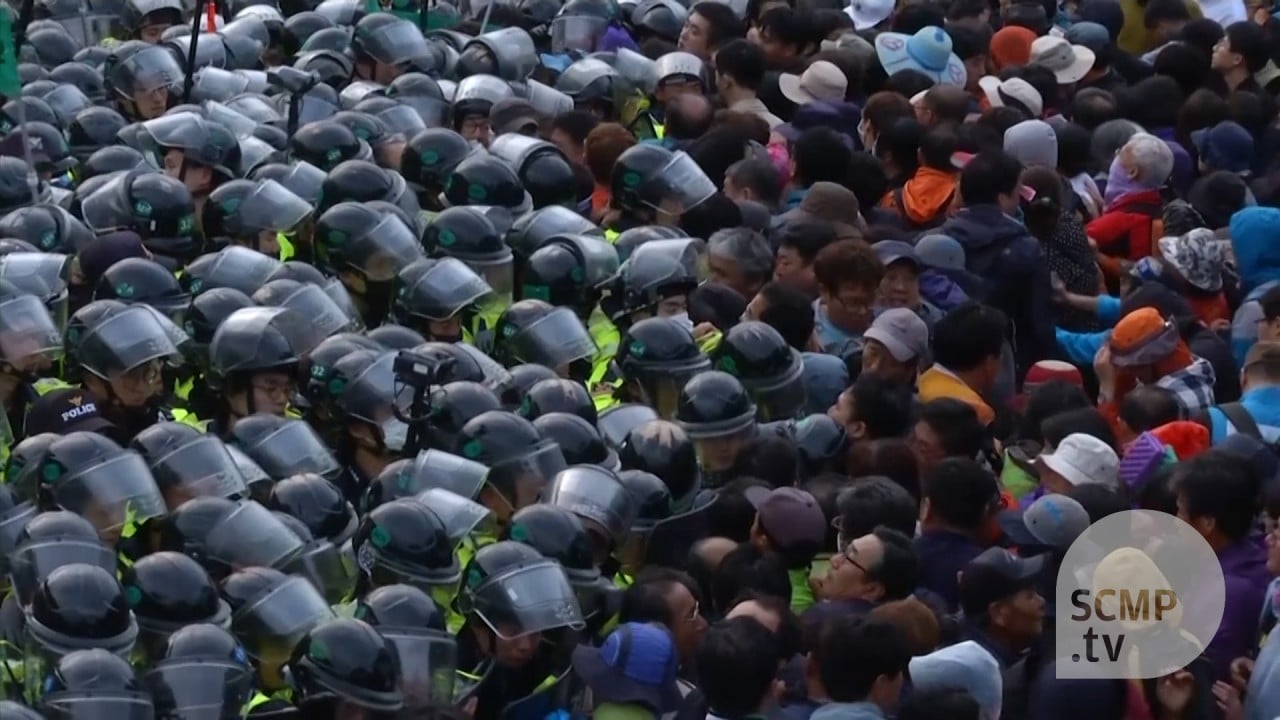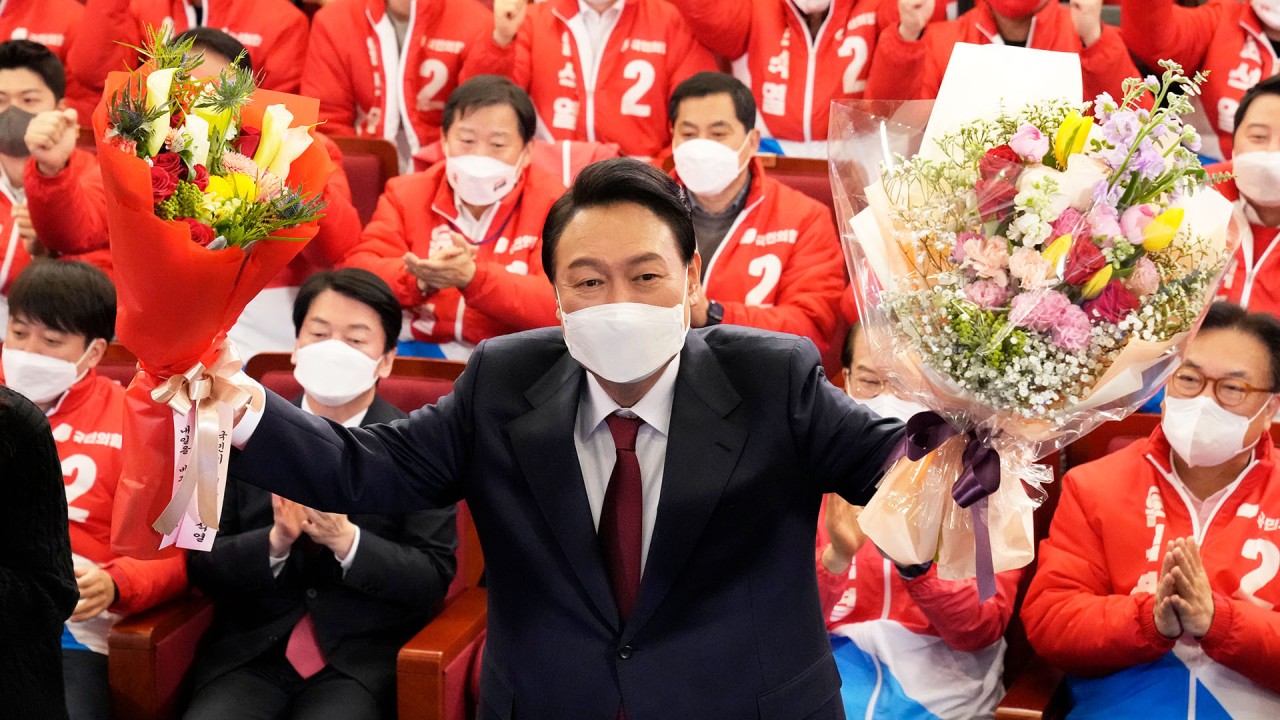
China’s first K-drama approvals in years come under cloud of Yoon’s foreign policy
- China’s iQiyi video-streamer is showing Something in the Rain, starring popular South Korean actress Son Ye-jin, and other platforms are also listing Korean dramas
- However, South Korean president-elect Yoon Suk-yeol has said he intends to deploy another controversial US-made missile-defence system, which would invite Beijing’s ire
When a major Chinese video-streaming platform added a hit Korean romantic drama to its programming slate this month, South Korean content producers were elated and perhaps a bit cautiously optimistic.
Something in the Rain is the first Korean TV series to obtain approval from Beijing’s broadcast regulator in five years, after Korean content was blocked in mainland China following Seoul’s 2017 deployment of an American-made missile-defence system.
Video-sharing site Bilibili subsequently listed the 2017 South Korean drama, Prison Playbook.
‘No signs’ South Korea ditching China market, despite new ‘pro-US’ president
Something in the Way’s listing did draw some negative responses from Chinese commenters, amid fresh anti-Korean sentiment in the country not long after various disputes at the Beijing Winter Olympics last month sparked online skirmishes between netizens of both countries.
But Korean TV series have found big fan bases in China, and this appears to still be the case. Prison Playbook, released in China on March 6, ranked third in views in the TV series section of Bilibili’s website as of Friday.
Several South Korean shows from recent years could finally find their way to China’s shores after being banned following Seoul’s deployment of the Terminal High Altitude Area Defense System (THAAD) – an arrangement made by South Korean and US military officials to counter potential missile attacks from North Korea.
Beijing was angered following a claim that the anti-missile system enabled the US to spy on Chinese territory.
China subsequently took moves to curb Korean businesses operating on the mainland, banning Chinese package tours to Korea and restricting Korean media content.
Although China has not directly associated the series of actions with the military deployment, they were widely seen as forms of economic retaliation in response to THAAD.
South Korea president-elect to sternly deal with North Korea, reset China ties
In December, Chinese cinemas began playing the Korean film Oh! Moon-hee, after it obtained approval from authorities six years after applying.
The Global Times, a state media newspaper known for its highly nationalistic tone and hardline stance, referred to the release of the film starring veteran actress Na Moon-hee as “an obvious signal of improved cultural communication” between the countries.
“Cultural exchanges will surely play an irreplaceable and important role in celebrating this anniversary,” the media outlet stated, referring to the 30th anniversary of the two countries’ diplomatic relations that falls this year. The years 2021 and 2022 have been designated as a period for boosting bilateral cultural exchanges in TV shows and films.
This year will prove to be a critical juncture, as it marks both the 30th anniversary and the start of a new presidential administration in South Korea under Yoon Suk-yeol in May.
Yoon of the conservative People Power Party, however, has pledged to boost Seoul’s alliance with Washington, its traditional security partner, and reduce Korea’s dependency on China, its largest trading partner.
The former prosecutor has gone as far as stating his plans to deploy an additional THAAD system to counter growing provocations by North Korea. This plan is posing uncertainty for the detente that has been unfolding recently, enabling the increased release of Korean cultural content in China.
“I anticipate that any additional deployment of THAAD will lead to a crackdown on Korean products, including Korean cultural products, in China,” said Aynne Kokas, an associate professor of media studies at the University of Virginia.
Kokas, also a non-resident scholar in China Studies at Rice University’s Baker Institute of Public Policy, added: “It is also possible Chinese social media users will lead media boycotts of their own.”
It would be best for culture policy not to be associated with foreign policy
In an article published on Thursday, the Global Times, citing experts, said Korea’s next president should be cautious about his decisions.
Korean government agencies promoting Korean culture around the world also have concerns.
“It would be best for culture policy not to be associated with foreign policy,” said Kim Jin-gon, director of the Korea Cultural Centre in Beijing.
“We are hoping the latest developments of [China] opening up to Korean culture will continue under the new administration.”



